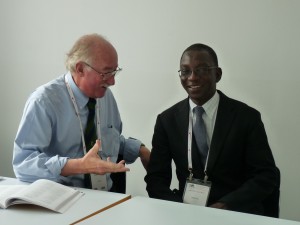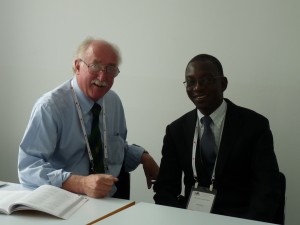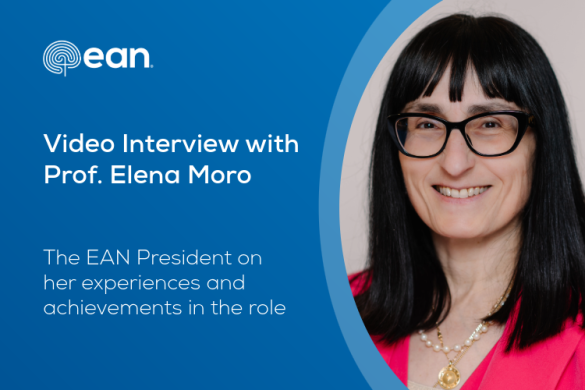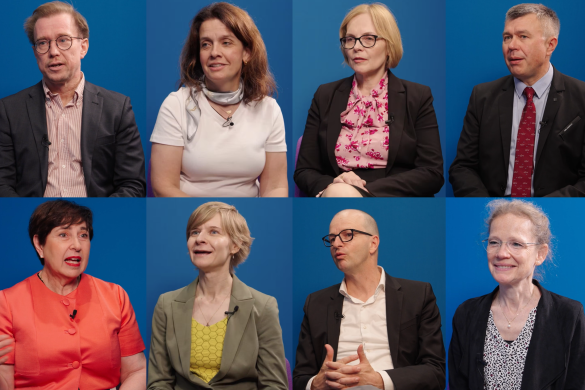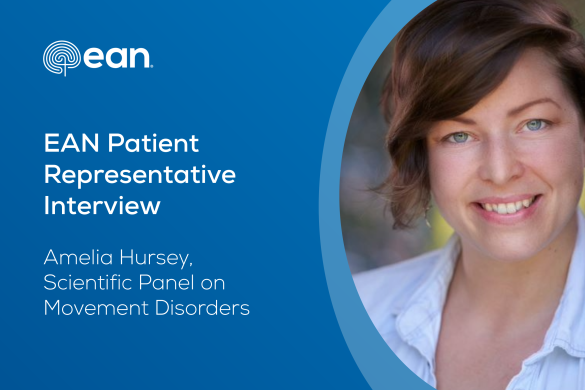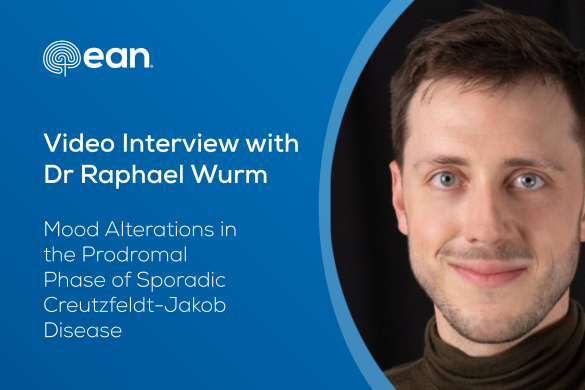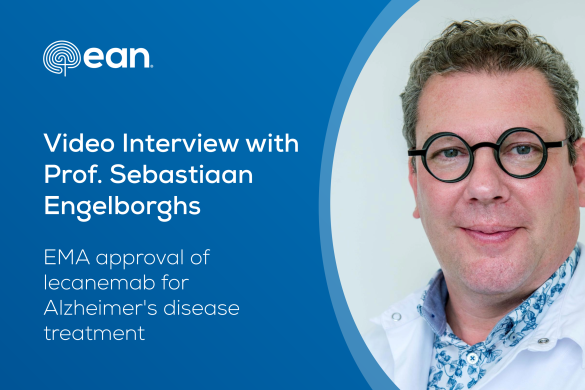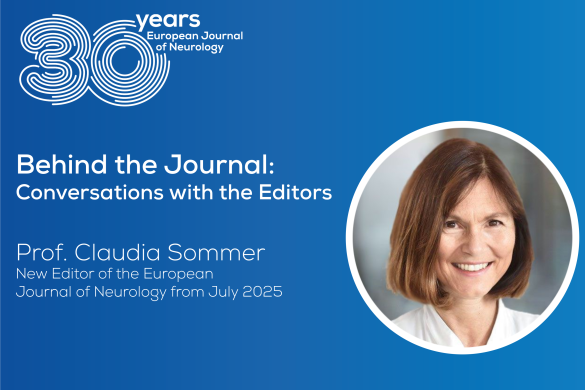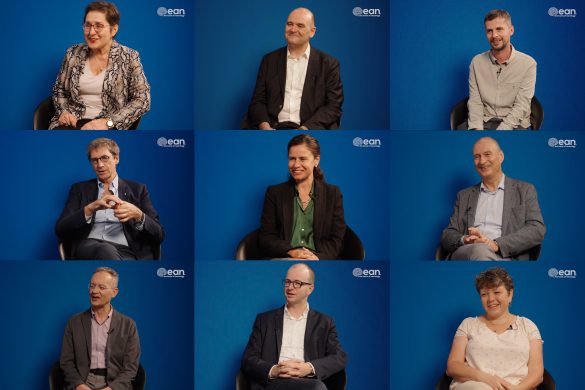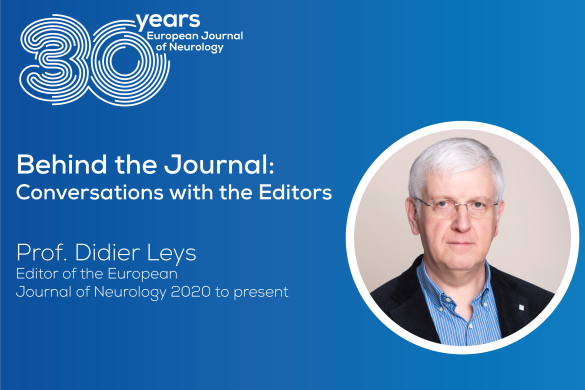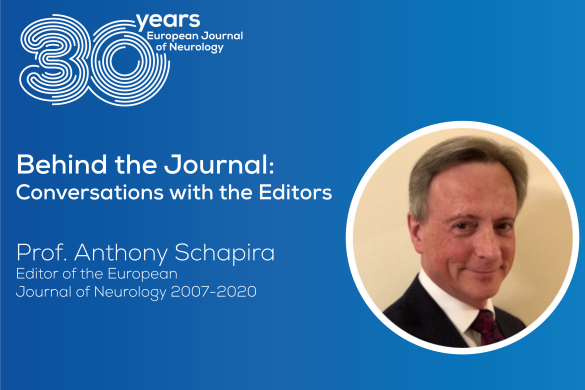Gian Luigi Lenzi (GLL): Can you give a brief overview of the epidemiology of neurological disorders in Sub-Saharan Africa (SSA) especially in relation to epilepsy?
Amadou Gallo Diop (AGD): According to the observation of the out-patients at neurological clinics, pain tops the pyramid of diseases followed closely by seizures and other neurological diseases. We also observed a steep increase of post-stroke pathologies, Parkinson’s disease and peripheral neuropathies.
Stroke now is the most important cause of hospital admission and death. The number of people living with sequels of a stroke highlight the increasing importance of neuro-rehabilitation. Severe epilepsies, medullar diseases, meningo-encephalitis and other neurological conditions also seen in the Western world can be observed except for MS that is extremely rare in SSA.
GLL: Are anti-epilepsy drugs available to all in Sub-Saharan Africa or does their cost prevent patients to have access to treatment
AGD: Before we speak about anti-epileptic drugs, I must point out that epilepsy still carries very heavy stigma in the countries of SSA. The major challenge we face in SSA is to let the population know that epilepsy is a treatable disease and not a curse linked to witchcraft.
Phenobarbital, a cheap anti-epileptic drug, is almost always available and a general treatment amounts to +/- 30 USD per year. Other drugs are far more expensive and not affordable to the major part of the population (Carbamazepine, Phenytoin, Sodium Valproate, and Benzodiazepines for emergency and status epilepticus).
There is no specific epilepsy surgery in SSA in existing neurosurgical departments which usually manage general cases for brain lesions and trauma, including vertebro-medullar diseases.
GLL: Can you introduce the “Neuro-Caravan” initiative to the Neuropenews readers?
AGD: In the countries of SSA 90% of the specialists are concentrated in the capital cities, a situation linked to the universities and university training centers located there. Patients have to travel hundreds of kilometers to consult a neurologist. The Senegalese initiative of Neuro Caravans, consist in travels through the provinces and brings a multidisciplinary team of neurologists to the far away population.
The aims of the Neuro Caravan initiative is multiple:
– Allowing access to specialised neurological care including portable EEG;
– Train local doctors and nurses;
– Raise awareness on epilepsy and stroke among the population;
– Advocate early management and prevention
GLL: Could you give some comments on the EFNS/ENS Regional Teaching Courses (RTC)?
AGD: The RTCs can be called a success story. EFNS, in cooperation with WFN and IBRO realized regional teaching courses in West, central and East Africa giving young neurologists access to teaching of excellence. The teaching is shared equally between African and European faculty members. SSA needs more neurologists the number of neurologists ranges from 1/600.000 inhabitants to 1 neurologist for 2 million people. Training of excellence is a major tool for solving health problems. It must be stressed that neurological disorders have become a major health issue having important economic impact on society. The courses strengthen young doctors, residents and trainees, in their resolve to become neurologists. The topics addressed in the RTCs are chosen by the participants to the RTCs and the African faculty.
GLL: Do you have any suggestions to bring closer cooperation between EAN and Sub-Saharan Africa?
ADG: The feedback from the trainees and the Faculty is very positive. Everyone wants to come back..! We are planning to extend the duration of the days of TCs – from 2 ½ to three – because it is so successful and the program is becoming more and denser. In agreement with my colleagues of many countries of SSA and together with the students, residents and trainees who already took part in the 5 RTCs organized from 2008 to 2013, we very strongly hope and recommend to take the RTCs ahead within the future educational programmes of the EAN.
The RTCs should, in the near future, become also be a platform for an exchange of residents allowing those from Europe to learn about tropical neurological conditions and culture they will never or rarely be confronted with in Northern countries.
In this age of globalization and massive migration, it is becoming indispensable to learn about the different socio-cultural backgrounds the migrants bring with them and the diseases and pathologies that do not recognize borders.
Amadou Gallo Diop is Professor of Neurology working at the Clinique Neurologique, C.H.U. Fann in Dakar, Senegal. He is WFN Trustee and co-organising the EFNS/ENS Regional Teaching Courses in Sub-Saharan Africa.

